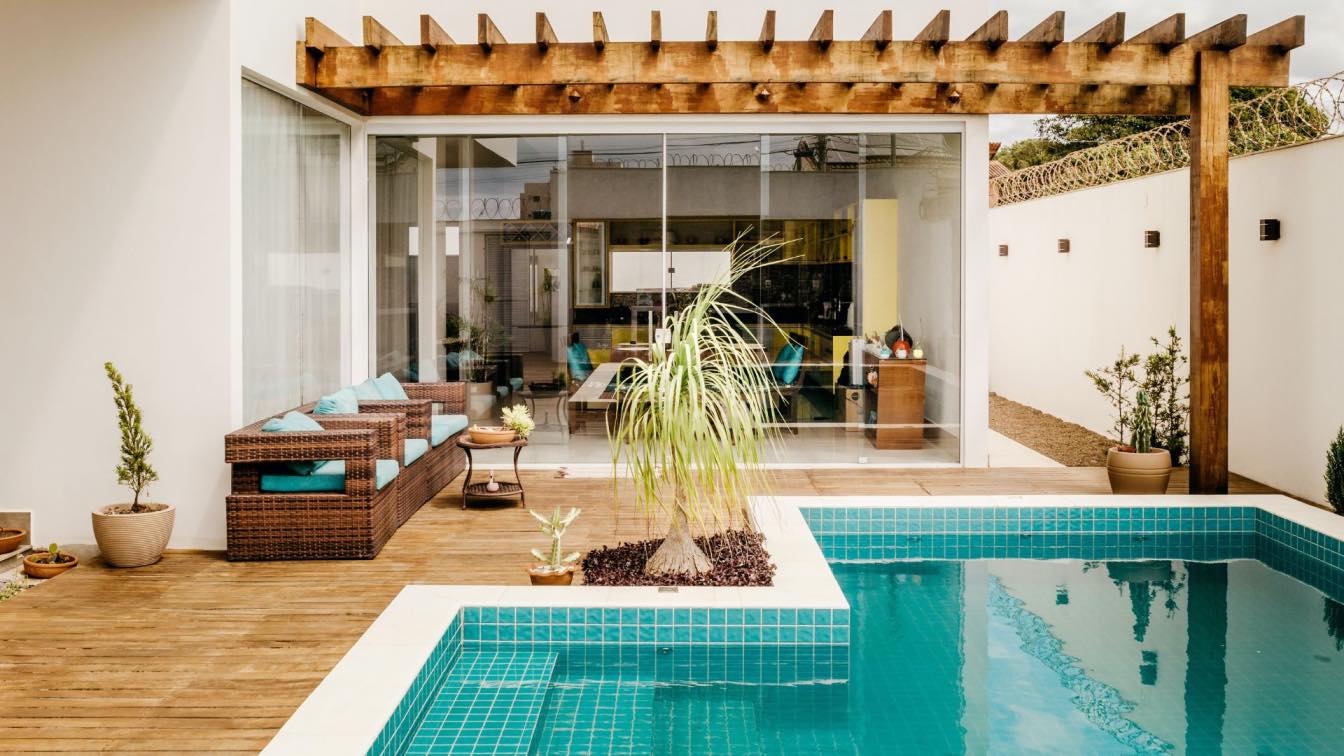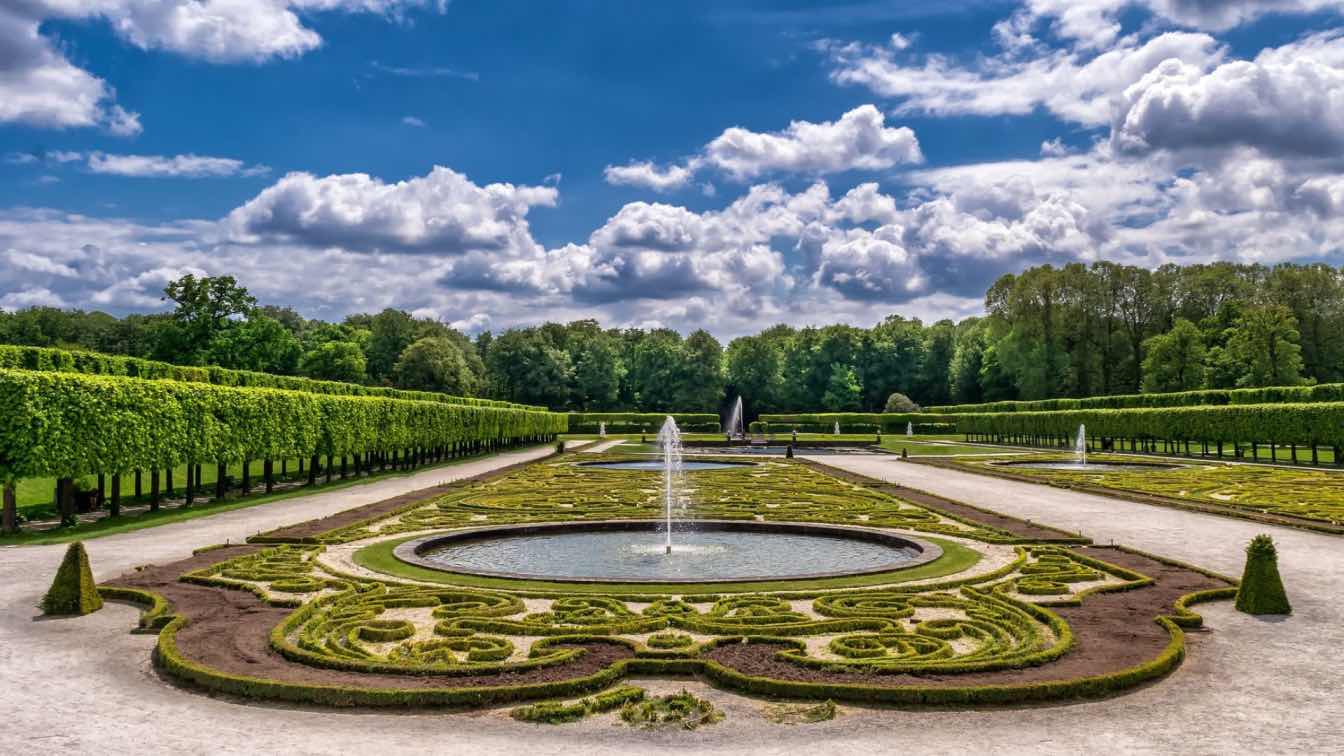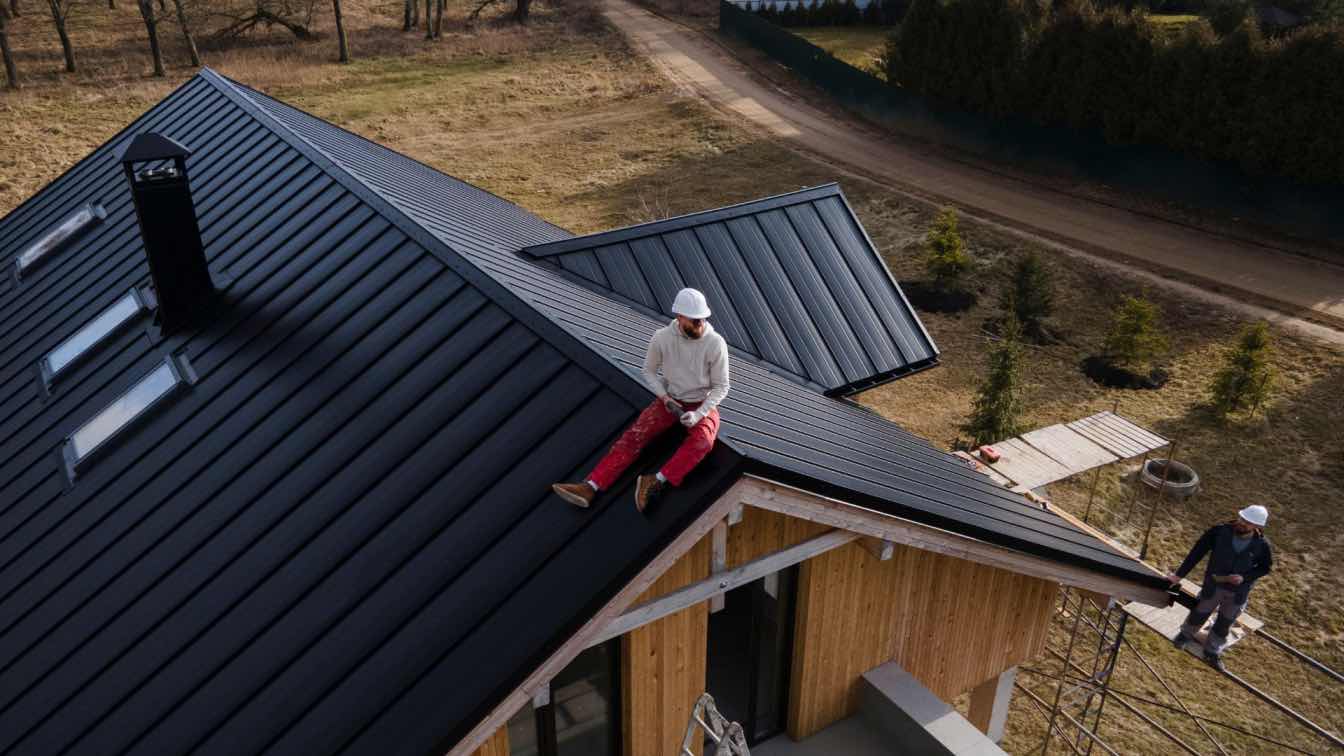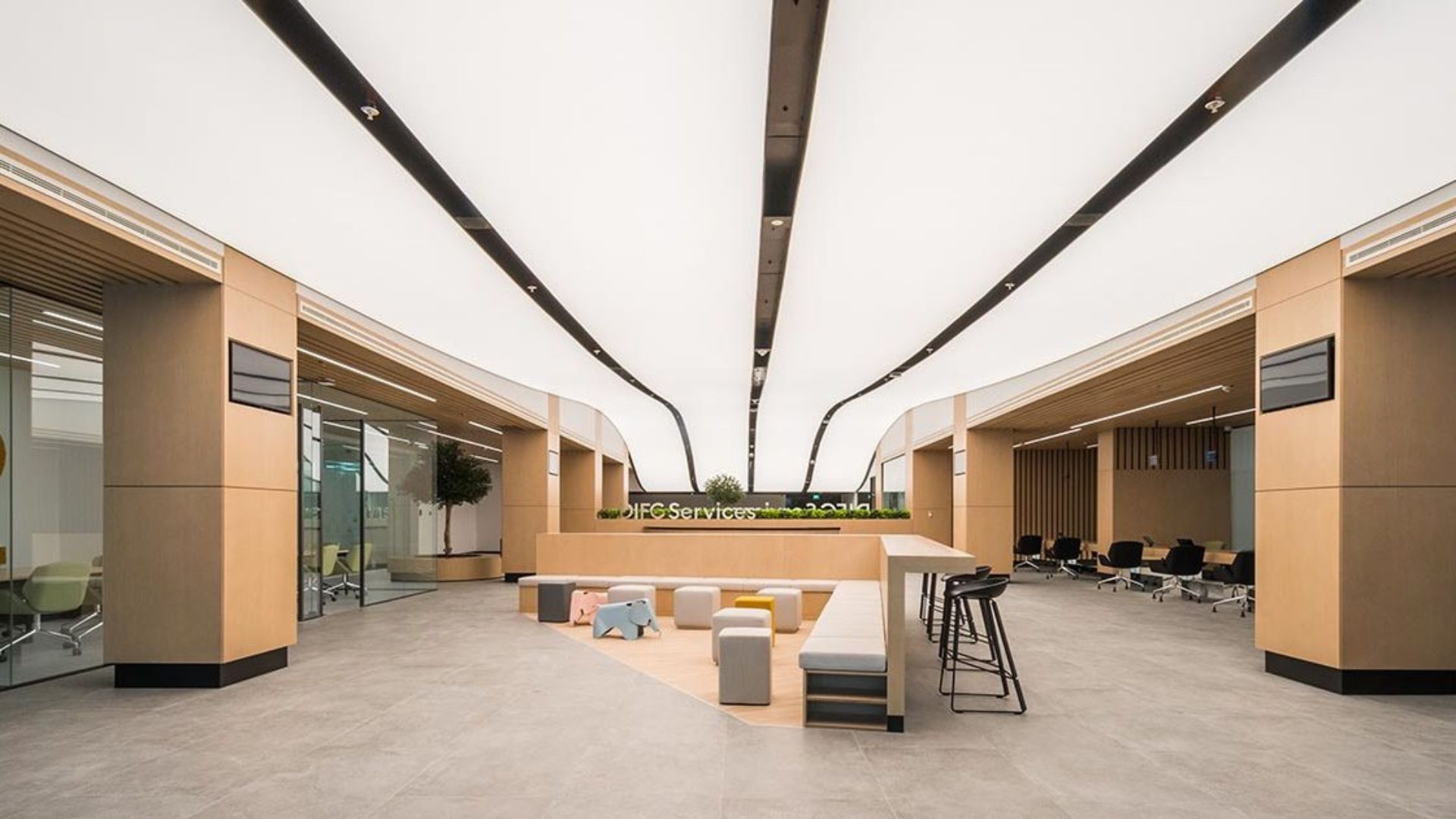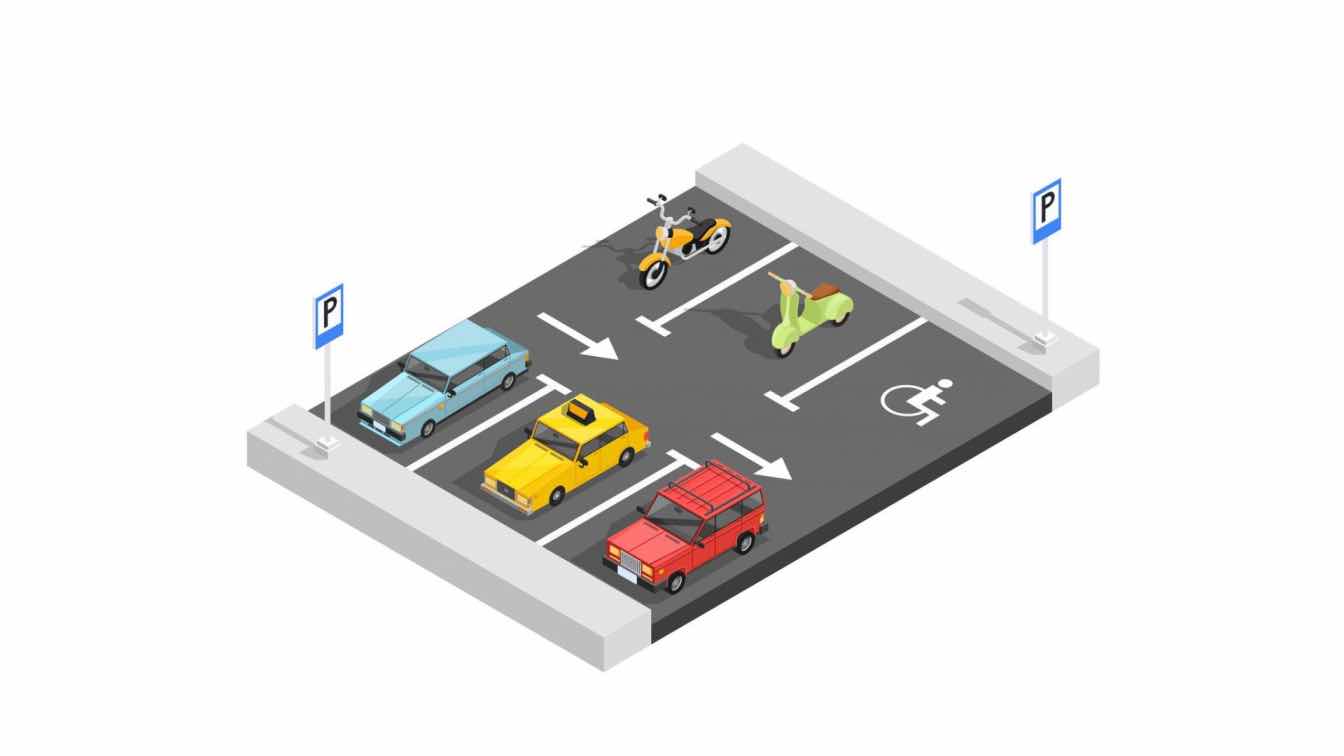Having a pool in your backyard can be an amazing way to enjoy the summer. It’s a great place to relax, entertain friends, and even get some exercise. But before you take the plunge and start building your dream oasis, there are several things that you should consider first. From choosing the right location to understanding what type of pool is best for you, here are 7 important things to think about before building a pool.
1. Location:
Where you install your pool will be a key factor in how much enjoyment it will bring to your life. Think about what space is available, the amount of sunlight that area receives, and how private or secluded you want it to be when selecting the spot for your new part. In addition, it's important to make sure the area is well-drained and that there are no underground utilities or power lines. This is important for both safety and to avoid any unnecessary construction obstacles. Also, remember to check with your local government to make sure you are abiding by all zoning laws.
2. Type of Pool:
The type of pool that is best for your lifestyle depends on a few different factors such as budget, space availability, and the purpose of the pool (i.e. exercise or entertaining). In-ground pools come in various shapes and sizes and can range from basic rectangles to elaborate designs like freeform, kidney, or lagoon-shaped pools. Above-ground pools are usually cheaper and easier to install but provide less design flexibility than an in-ground option. Many homeowners are buying DIY Above Ground Pool Kits by Crestwood that make installation straightforward and provide a customizable solution for their outdoor spaces.
Additionally, there are semi-permanent options such as soft-sided above-ground pools or permanent inflatable structures available if you don’t want to go through the hassle of a full installation. Moreover, there are also other options such as Endless Pools, where you can swim against a current in a smaller area without having to build an entire pool.
3. Cost:
Having a pool installed isn’t cheap and it’s important to understand the total cost associated with building one. This includes the initial installation as well as any ongoing maintenance expenses such as water treatment costs or repairs. Research different contractors and get several estimates before selecting someone for the job. If you plan on using your pool mostly for exercise, look into membership programs at public pools or health clubs which could be more cost-effective than covering all of those expenses yourself. This way, you can still have access to a pool without having to spend thousands of dollars for one. For example, some cities offer reduced-price passes to their public pools.
4. Finding the right contractor:
When selecting a contractor to install your pool, it’s important to do your research. Read reviews from past customers, ask for references, and consider their experience level before selecting one. Make sure the company is licensed, insured, and certified. Ask for an estimate up front with details about any additional costs you may encounter along the way. Make sure you find a contractor in your area, for example, if you are in Orlando then make find the best pool contractor in Orlando to build you the ideal pool at your house. Finally, make sure you get everything in writing including a payment schedule and timeline for construction completion. This will help you understand exactly what you are paying for and prevent any surprises down the road.
5. Maintenance:
Once your pool is installed, it’s important to properly maintain it in order to keep it running smoothly and looking great. Establishing a regular schedule of cleaning, water testing, and chemical balancing will help ensure your pool stays healthy. This includes skimming leaves, vacuuming debris, brushing walls/tiles regularly, checking chlorine levels, and backwashing filters as needed. Additionally, consider hiring a professional service to come out periodically for maintenance or if problems arise that require more technical solutions. However, if you have a pool in your house then it's important to make sure that the walls of the pool are properly insulated to prevent water loss due to evaporation. This will also help keep energy costs down.
6. Safety:
Having a safe environment surrounding your pool is essential for protecting yourself and others. Follow all safety regulations as outlined by your city or state, such as having a fence built around the pool area and equipping it with a locked gate. Additionally, make sure any necessary safety equipment like life preservers and poles are easily accessible. Teach children in your home how to properly swim and be aware of the potential risks associated with pool use. Make sure you read up on the latest CPR techniques as well in case there is ever an emergency situation. Having these measures in place will keep everyone who uses your pool safe.
7. Design:
When it comes to designing your pool, you have plenty of options. Consider the space available, your budget, and what type of features you would like to include such as waterfalls, slides, jets, ladders, or other decorative elements. You can also choose between different shapes (round, oval or rectangular) materials (concrete/gunite or vinyl liner), and types of filtration systems. Consulting a pool designer can help you create a customized design that meets all your needs and looks great in your backyard. This way, you can create the ideal pool for your home and make it a place to relax and have fun. For example, if you live in Florida then a tropical-style pool design with palms and water plants would feel right at home in your backyard.
 LMARQ Arquitectos designs Casa TERRA-91 in Terralagos, Canning, Buenos Aires, Argentina. Image © Alejandro Peral
LMARQ Arquitectos designs Casa TERRA-91 in Terralagos, Canning, Buenos Aires, Argentina. Image © Alejandro Peral
From researching the right contractor to educating yourself on pool maintenance, there's a lot of work that goes into owning your own pool. But with the proper knowledge and preparation, you will be able to enjoy it for years to come. Make sure you are aware of all safety regulations and that everyone in your home knows how to swim before using the pool. And finally, take care of regular maintenance tasks like cleaning and adding chemicals so your pool stays in great condition for as long as possible. With these steps taken, you’ll be ready to fully enjoy your new backyard oasis!

